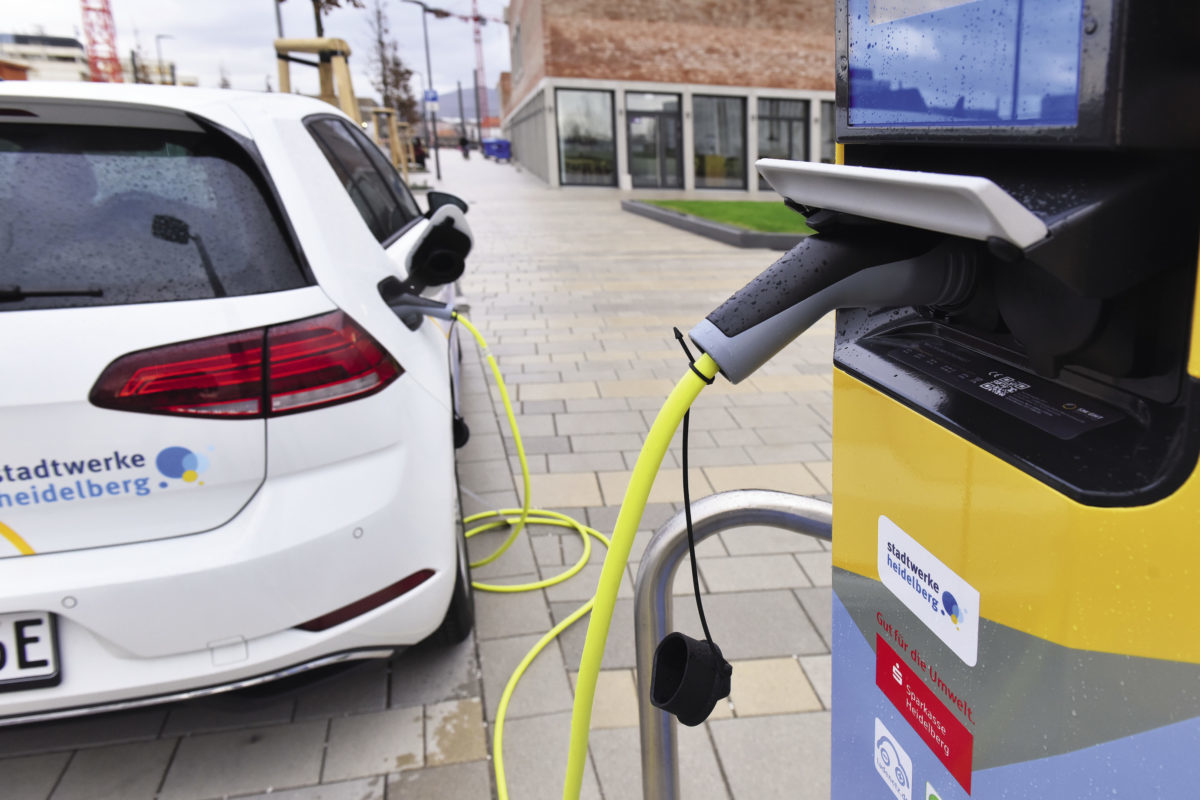Indigenous manufacturing of lithium-ion batteries for electric vehicles is all set for a kickstart with the country’s Khanij Bidesh India Ltd (KABIL) acquiring lithium reserves overseas in six months. Apart from lithium, KABIL will also identify, explore, acquire, develop and process cobalt for commercial use.
With an eye on overseas reserves, KABIL recently visited the Lithium Triangle countries in South America (comprising Chile, Argentina and Bolivia), which have offered to meet India’s growing demand for lithium as the country looks to set up large lithium-ion battery plants.
KABIL is a consortium of three public-sector companies including National Aluminum Company (NALCO), Hindustan Copper Ltd (HCL) and Mineral Exploration Corp Ltd (MECL). It has been formed by the Ministry of Mines, Government of India, to identify, explore, acquire, develop and process strategic minerals overseas.
Daily newspaper The Hindu BusinessLine quoted Santosh Sharma, CMD, HCL, saying, “The joint venture will be signed over the next one month and we will look at acquisition of reserves over the next six months through KABIL.”
The latest announcement comes hot on the heels of India signing a Memorandum of Understanding (MoU) with Bolivia for development and industrial use of lithium last month.
A statement issued in this regard read: “Both the countries agreed to forge mutually beneficial partnership to facilitate Bolivian supplies of lithium carbonate to India and foster joint ventures for lithium battery/cell production plants in India.”
Currently, India imports almost all of its Li-ion battery or cell requirements. Most of the work on Li-ion batteries is still focused on R&D—and that too, at the government sector level. In the private sector, meanwhile, companies are primarily building battery packs with Li-ion cells imported from China. India lacks many raw materials including lithium for manufacture of these batteries.
In a move to promote indigenous manufacturing, the government has doubled the basic import duty on lithium ion cells—used in manufacturing of lithium ion accumulator for EVs—to 10 per cent from April 2021. Battery packs used in manufacturing electric vehicles face tripled import duty of 15 per cent as against the current 5 per cent.
India Energy Storage Alliance (IESA) expects the Indian market for energy storage to grow to over 300 GWh by 2025.
To capitalize on the market opportunity, a host of companies have unveiled plans to set up Li-ion battery manufacturing units in India. While currently mainly lithium battery pack assembly is taking place in India, it’s important for the country to promote indigenous advanced battery manufacturing.
Recently, Debi Prasad Dash, Executive Director, India Energy Storage Alliance (IESA) told pv magazine: “India has a significant market potential for batteries and electric vehicles. Electric vehicles are creating a big demand and due to this demand, the cost of batteries will further come down.”
Dash urges the government to take swift action on promoting indigenous advanced battery manufacturing through Make In India, high skill job creation for this sector and adoption of energy storage through both state and central government bodies.
This content is protected by copyright and may not be reused. If you want to cooperate with us and would like to reuse some of our content, please contact: editors@pv-magazine.com.









By submitting this form you agree to pv magazine using your data for the purposes of publishing your comment.
Your personal data will only be disclosed or otherwise transmitted to third parties for the purposes of spam filtering or if this is necessary for technical maintenance of the website. Any other transfer to third parties will not take place unless this is justified on the basis of applicable data protection regulations or if pv magazine is legally obliged to do so.
You may revoke this consent at any time with effect for the future, in which case your personal data will be deleted immediately. Otherwise, your data will be deleted if pv magazine has processed your request or the purpose of data storage is fulfilled.
Further information on data privacy can be found in our Data Protection Policy.